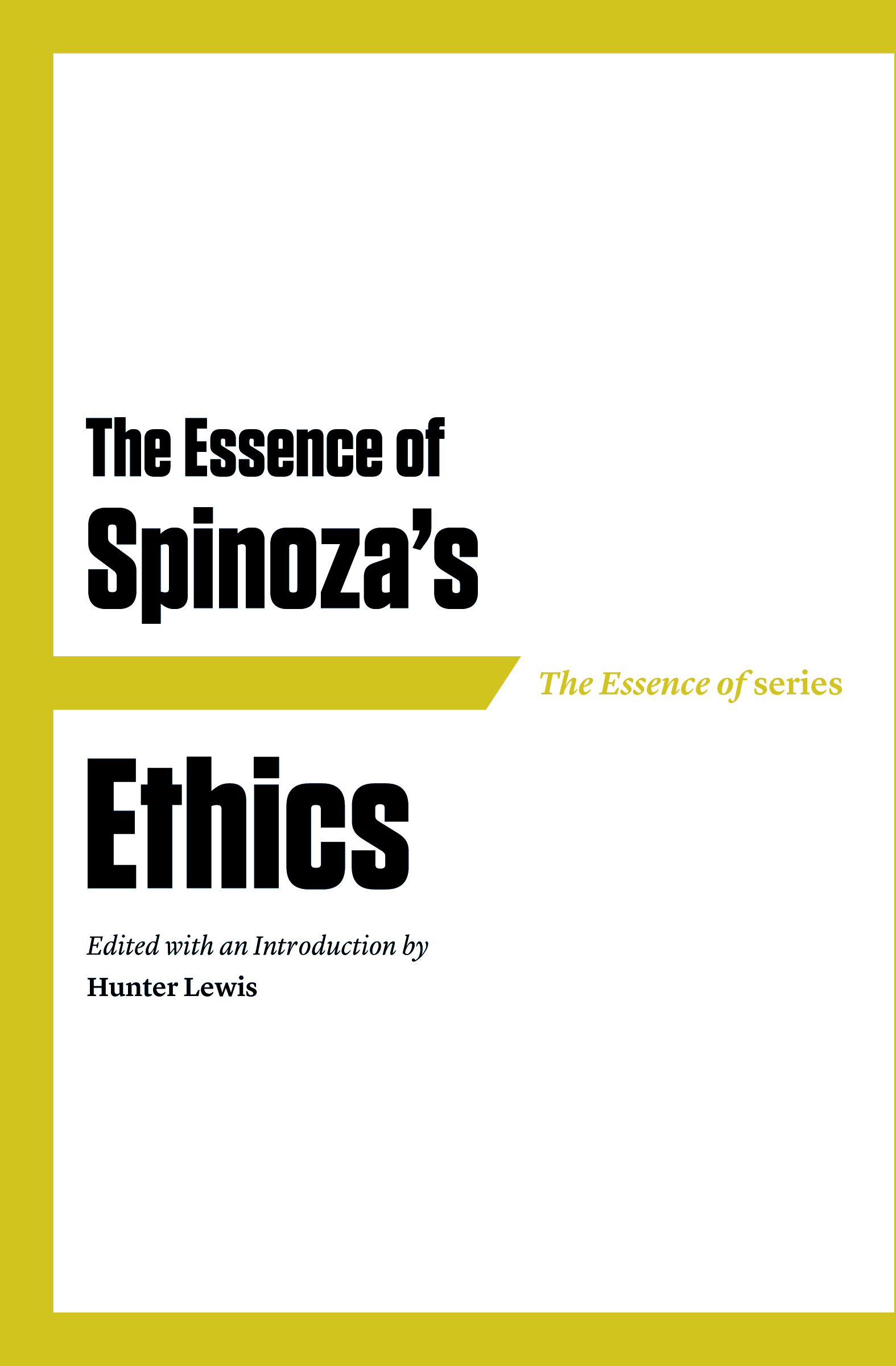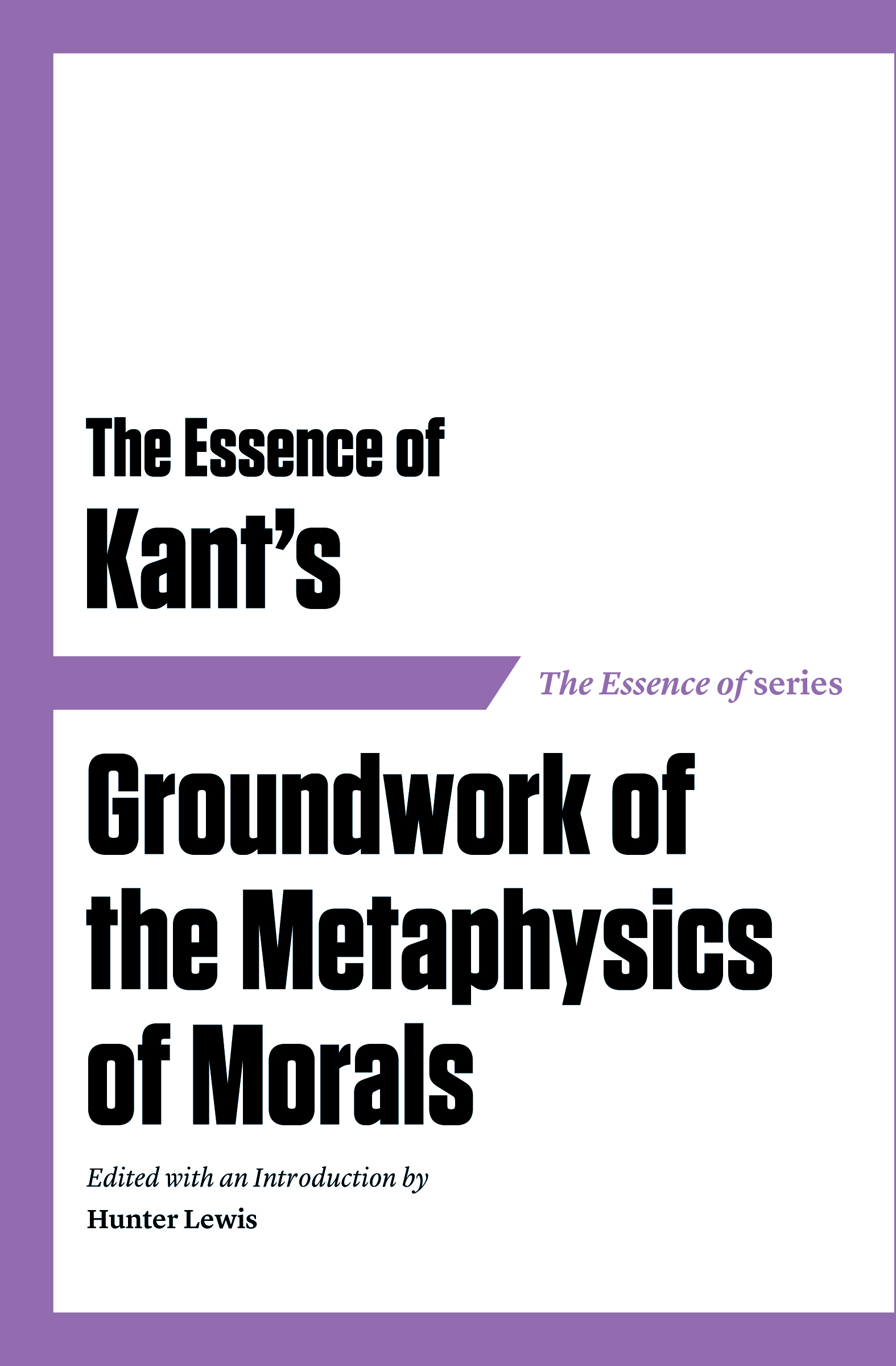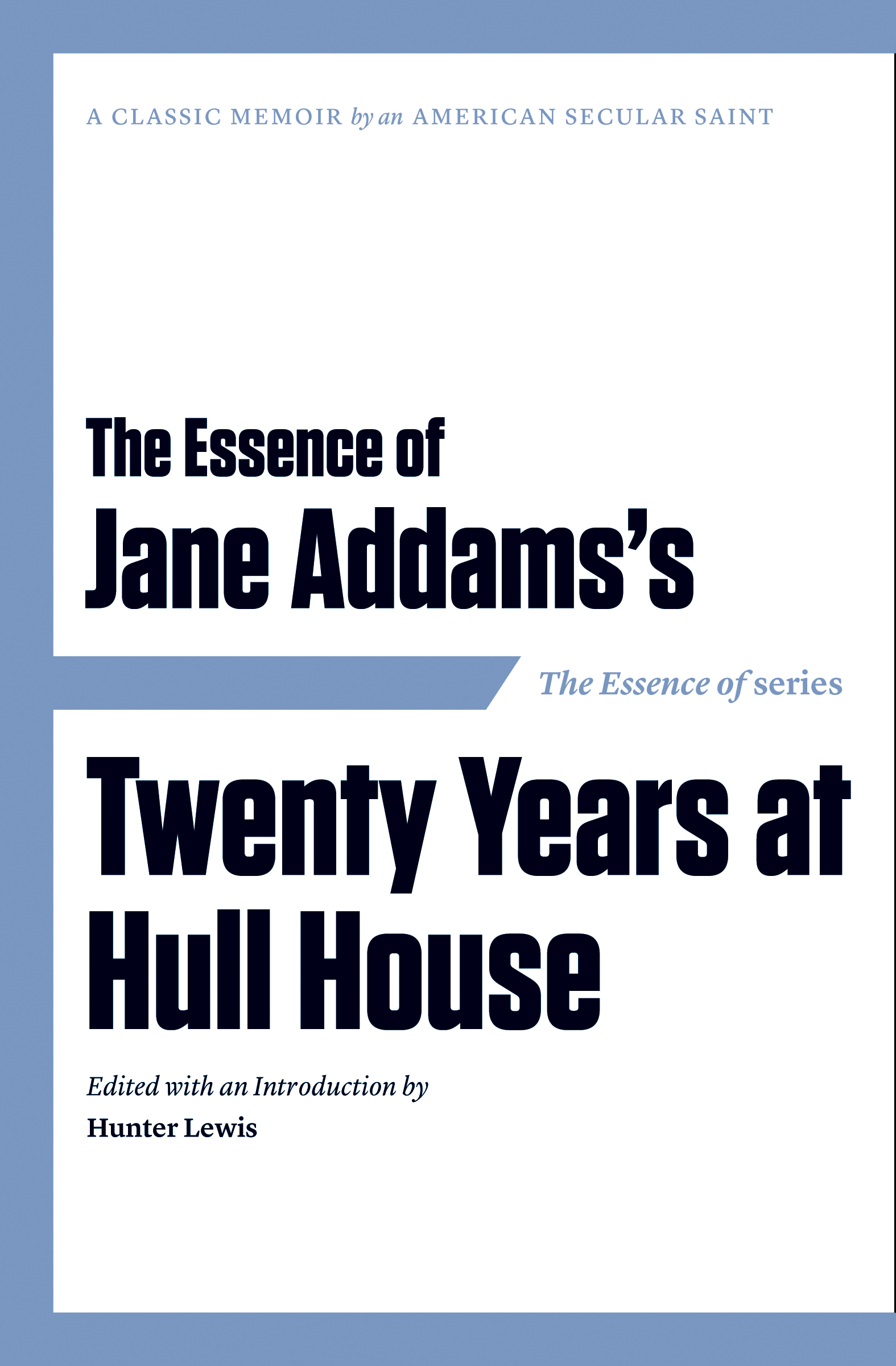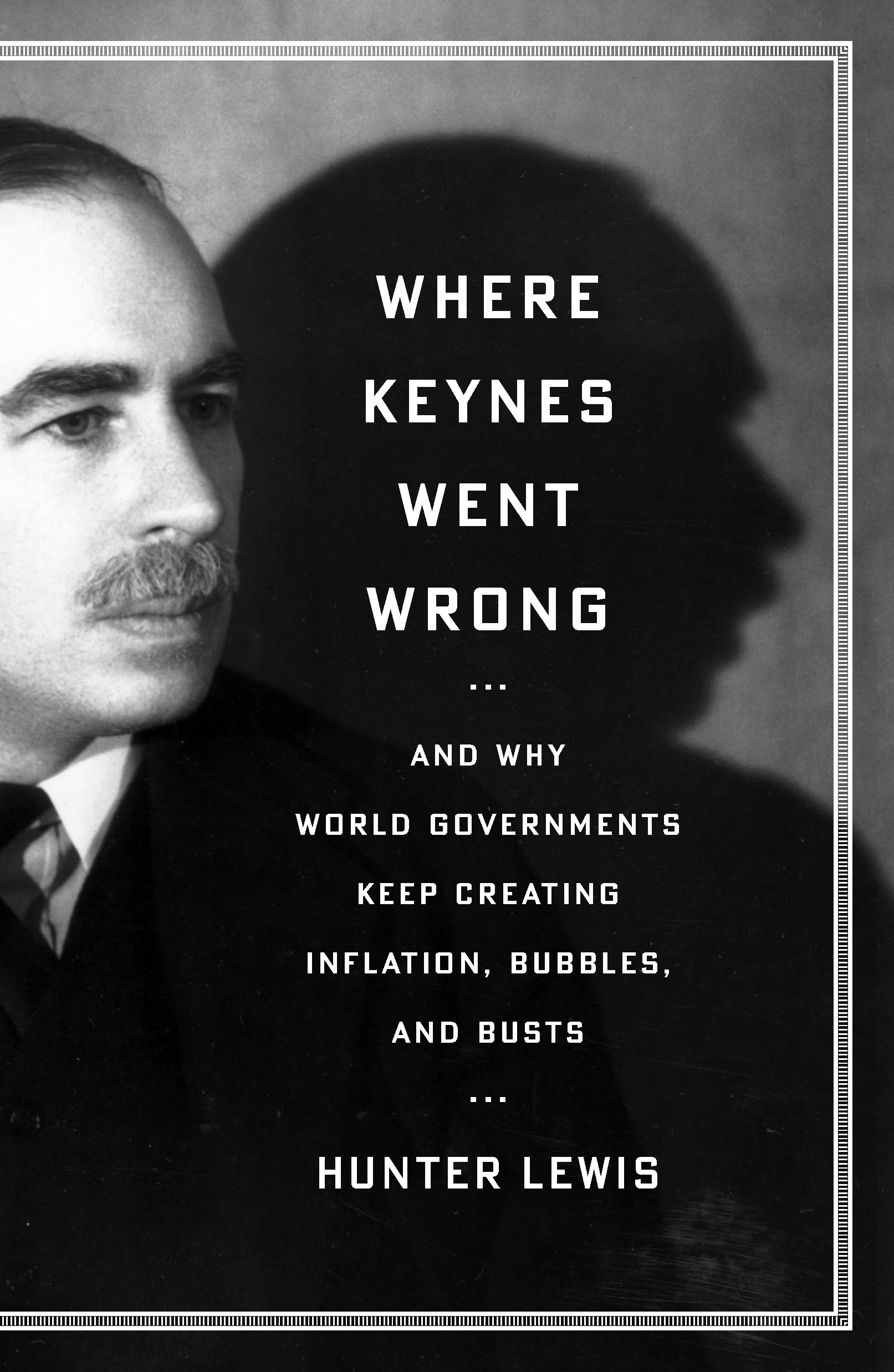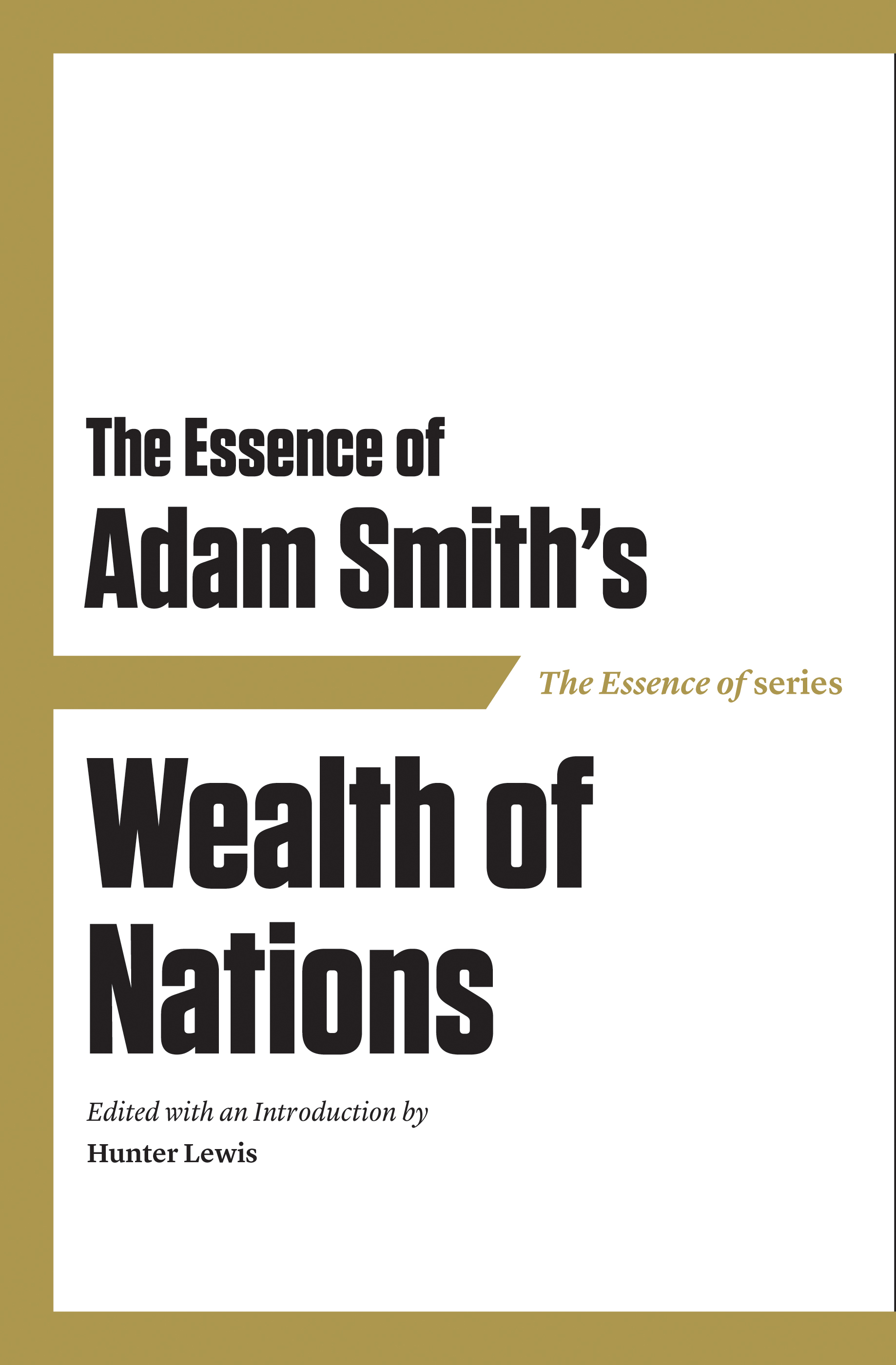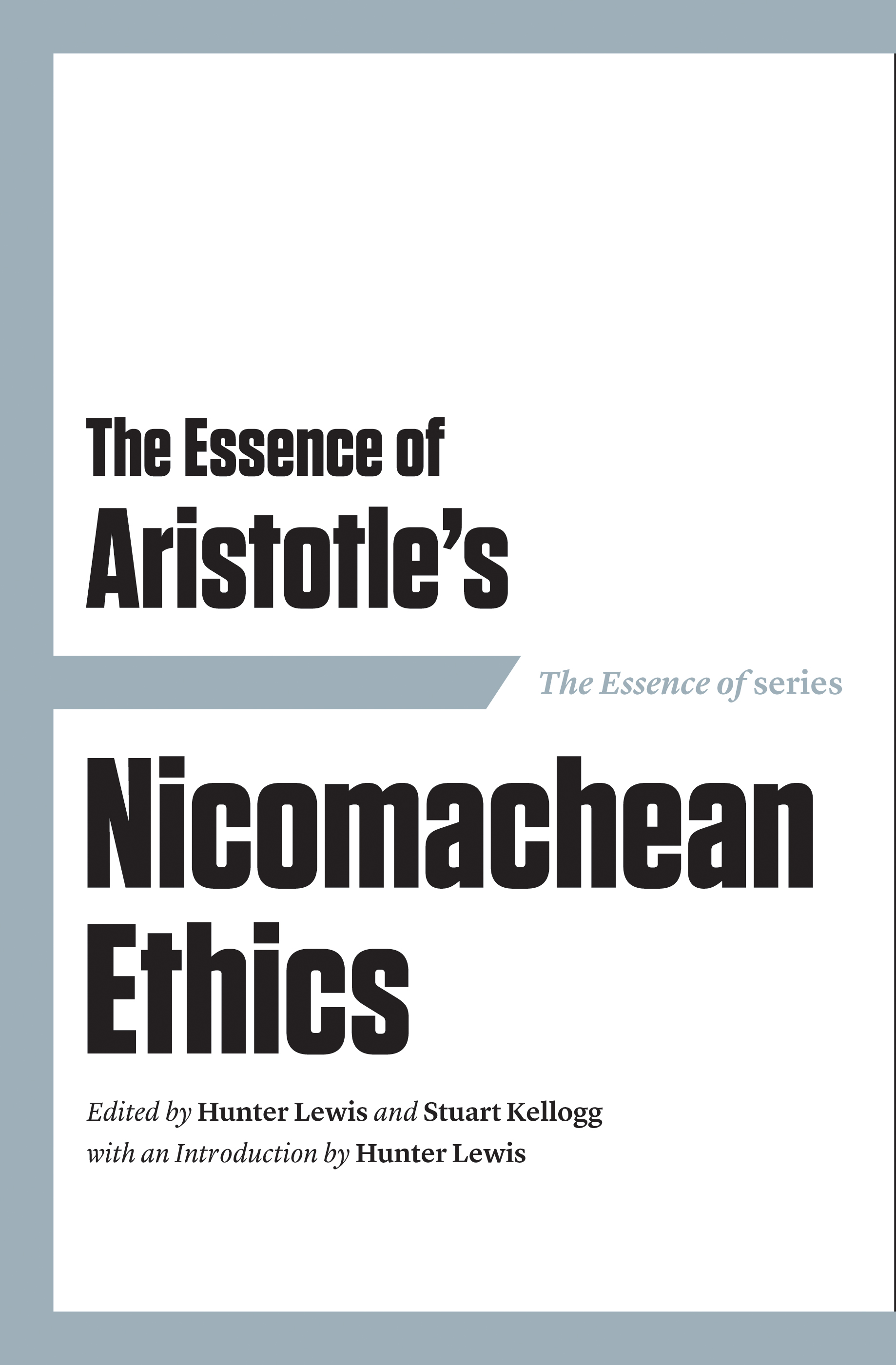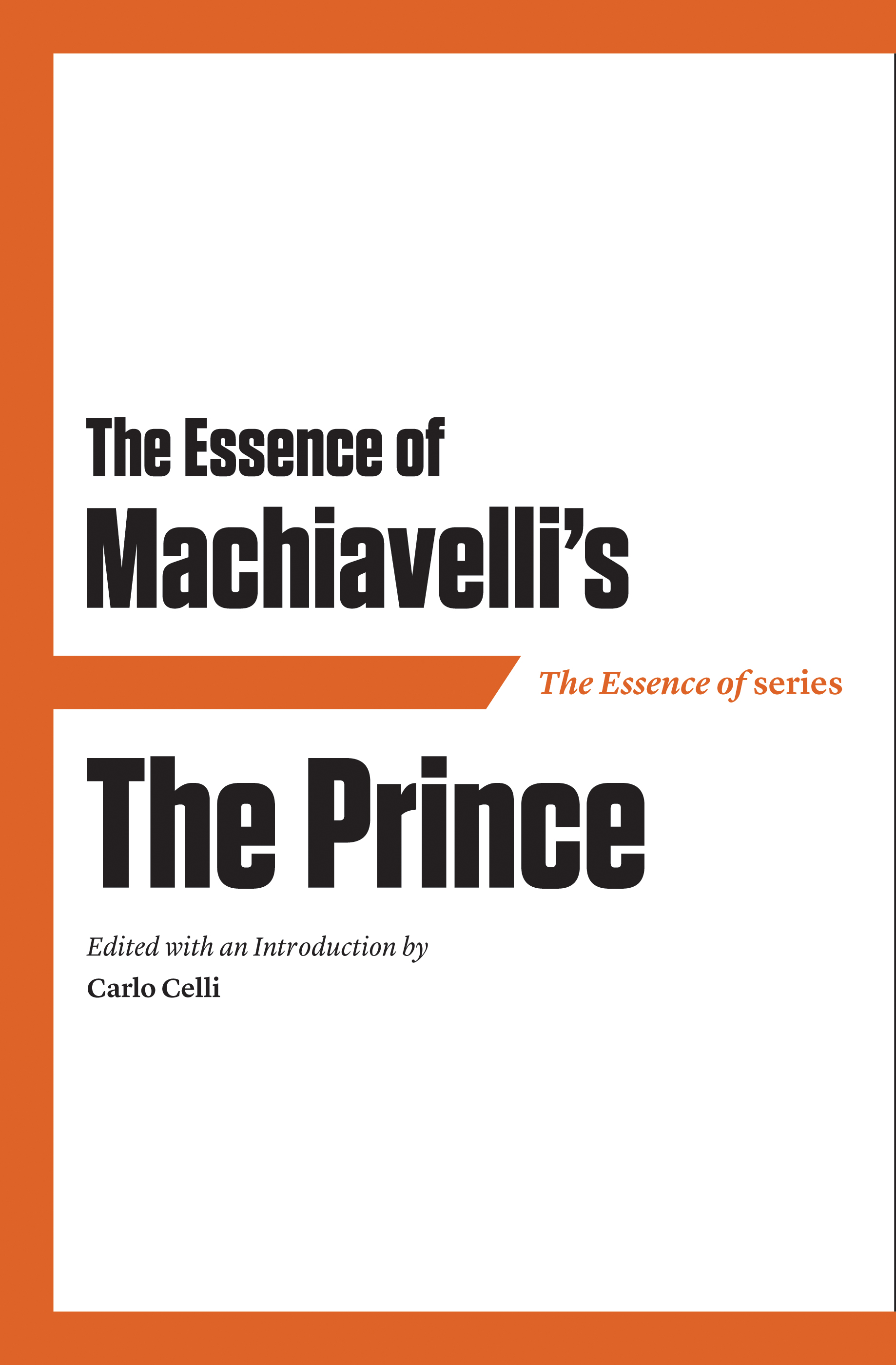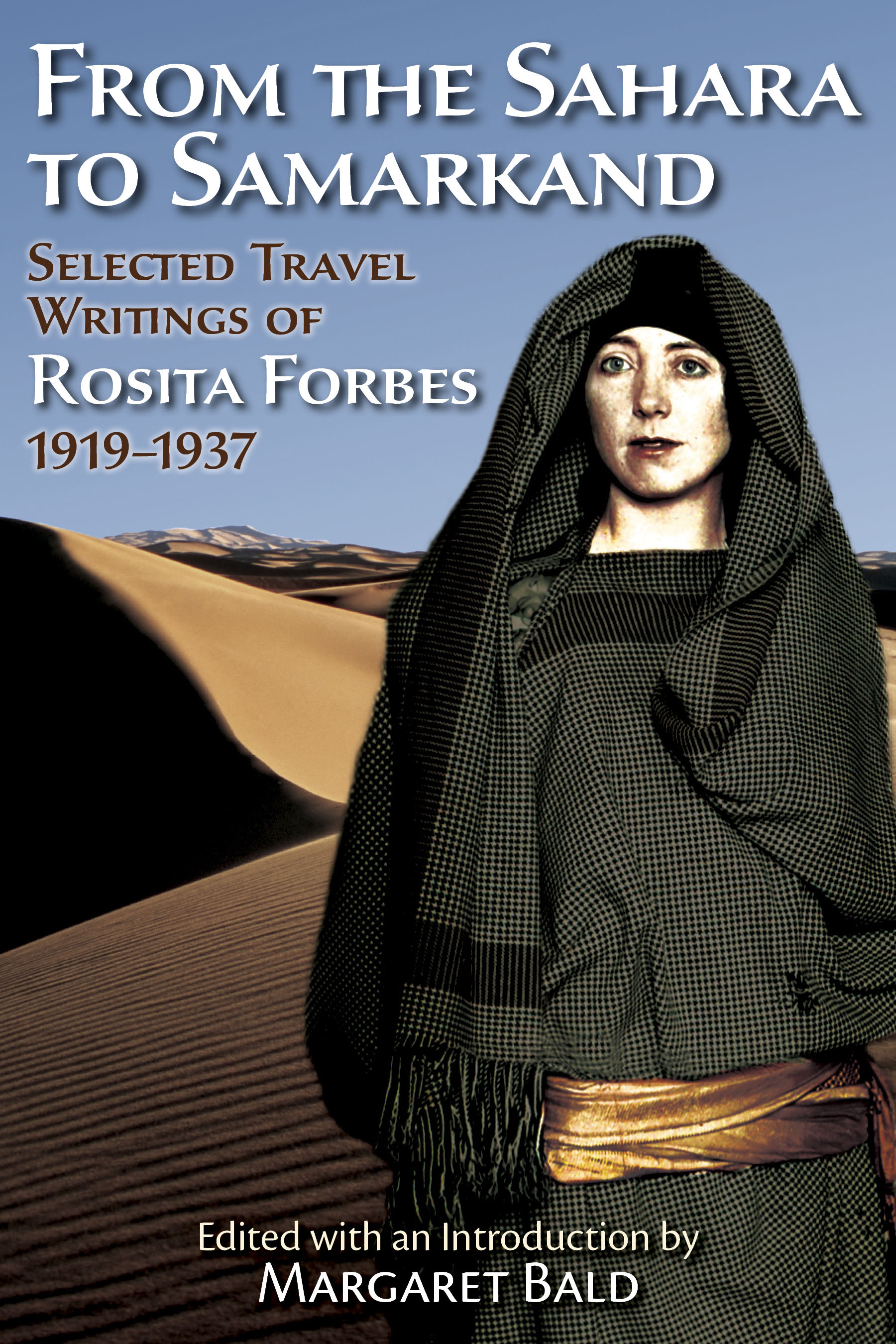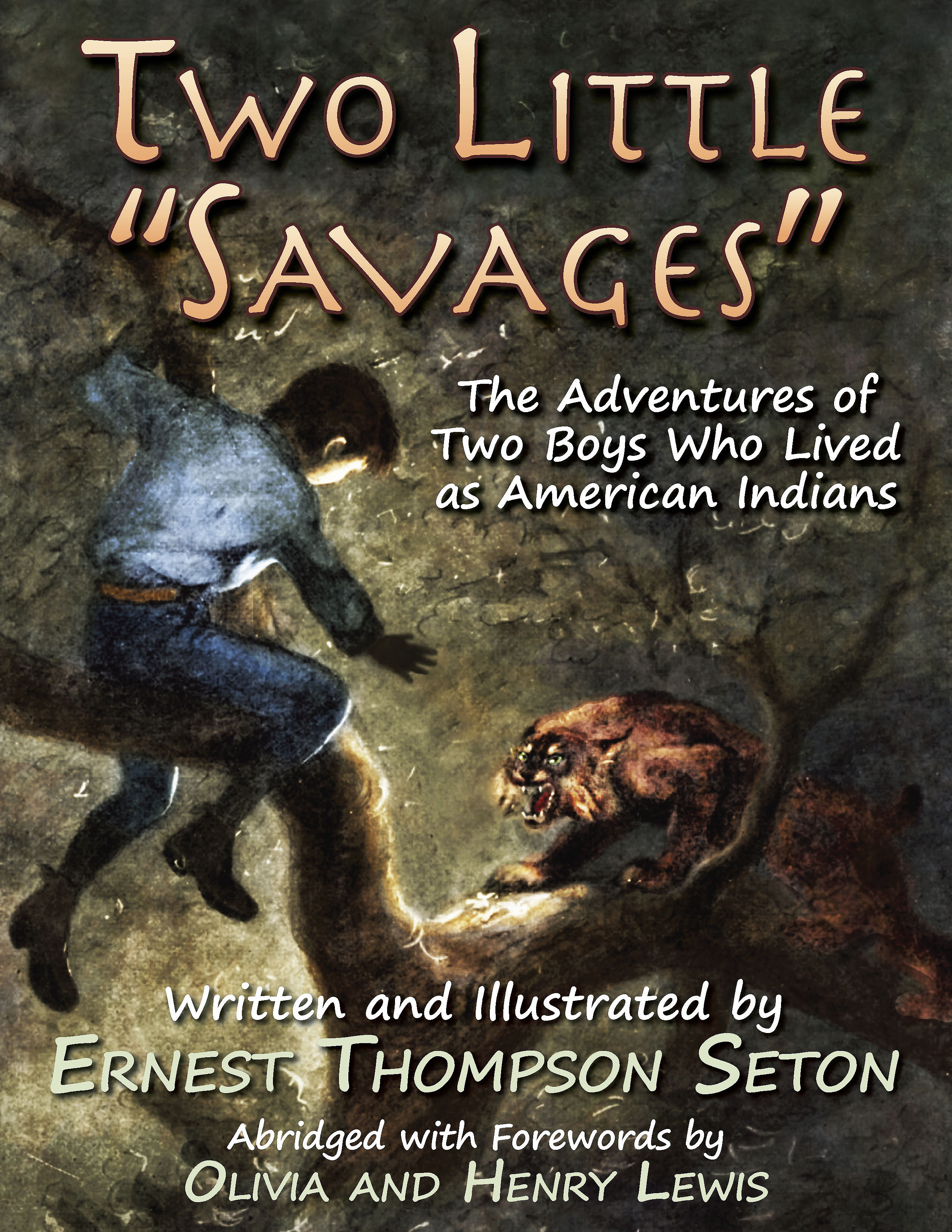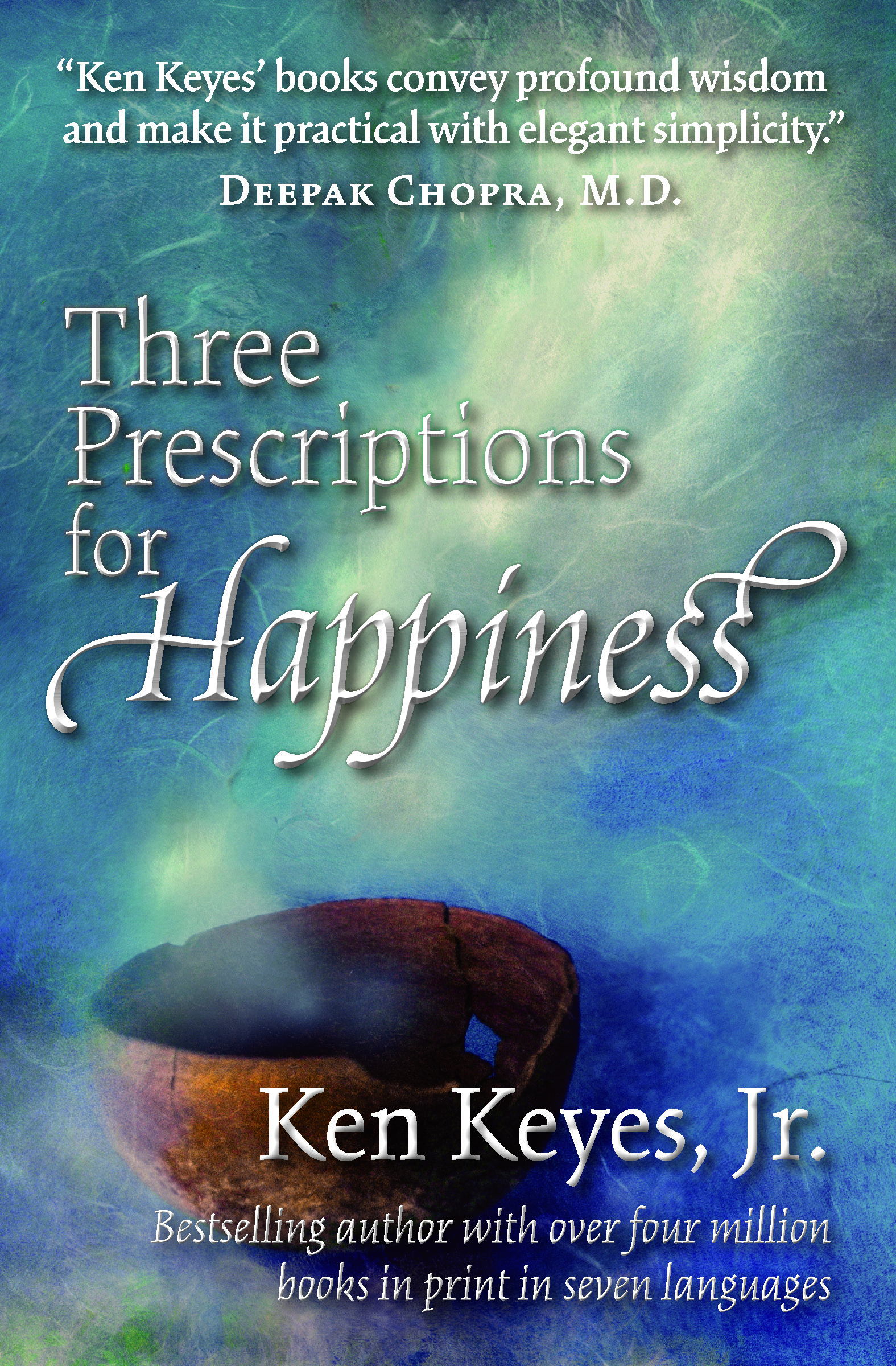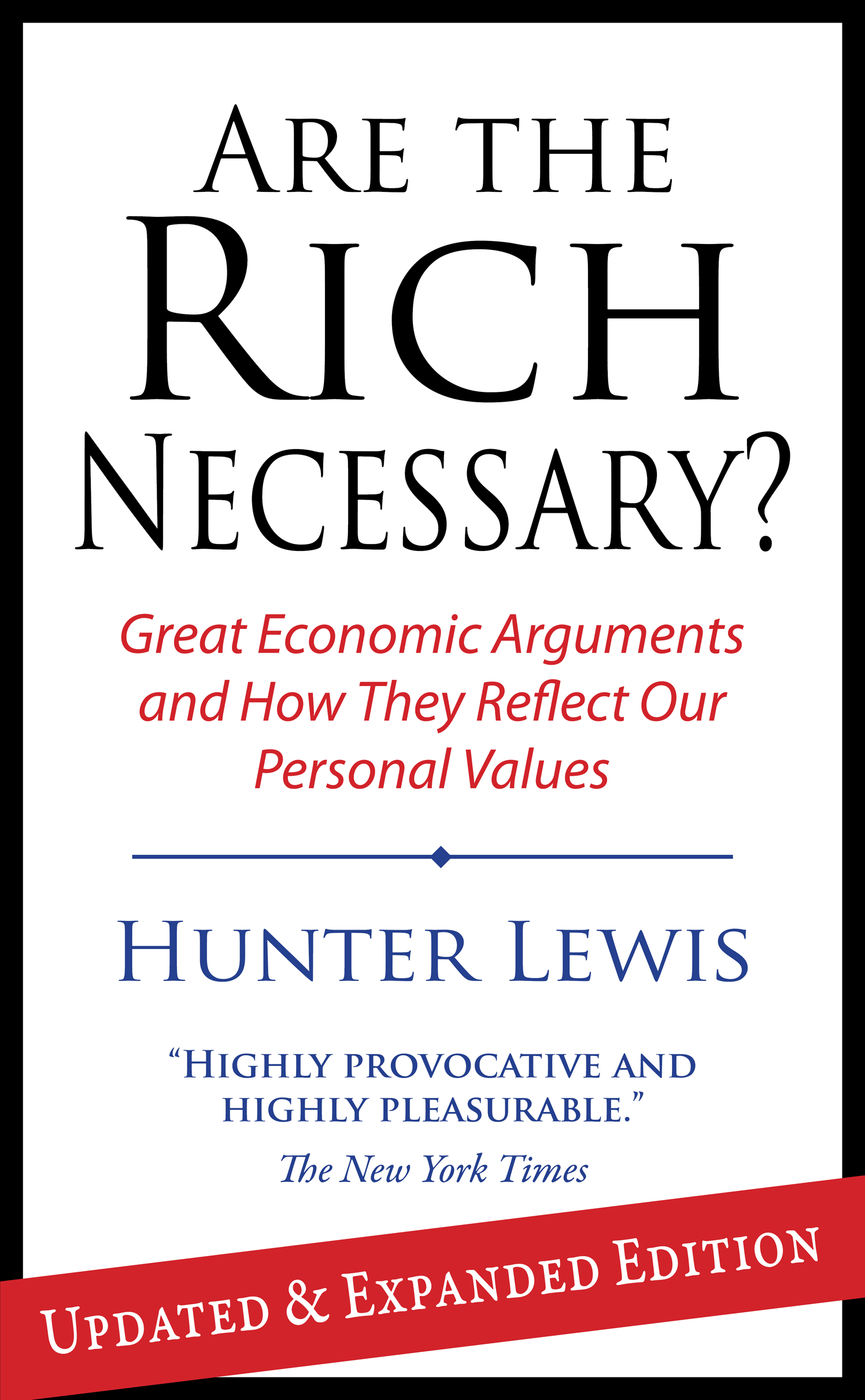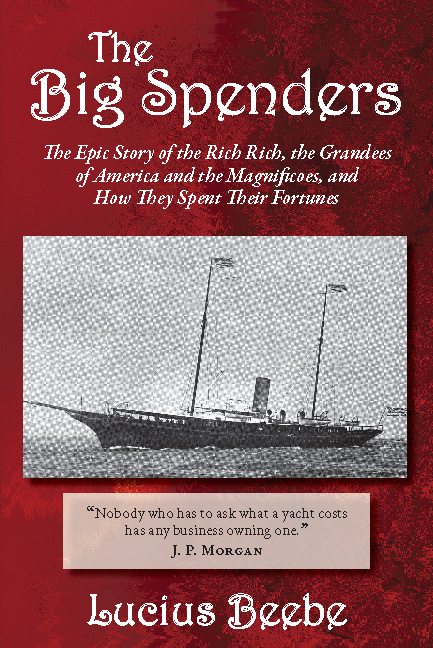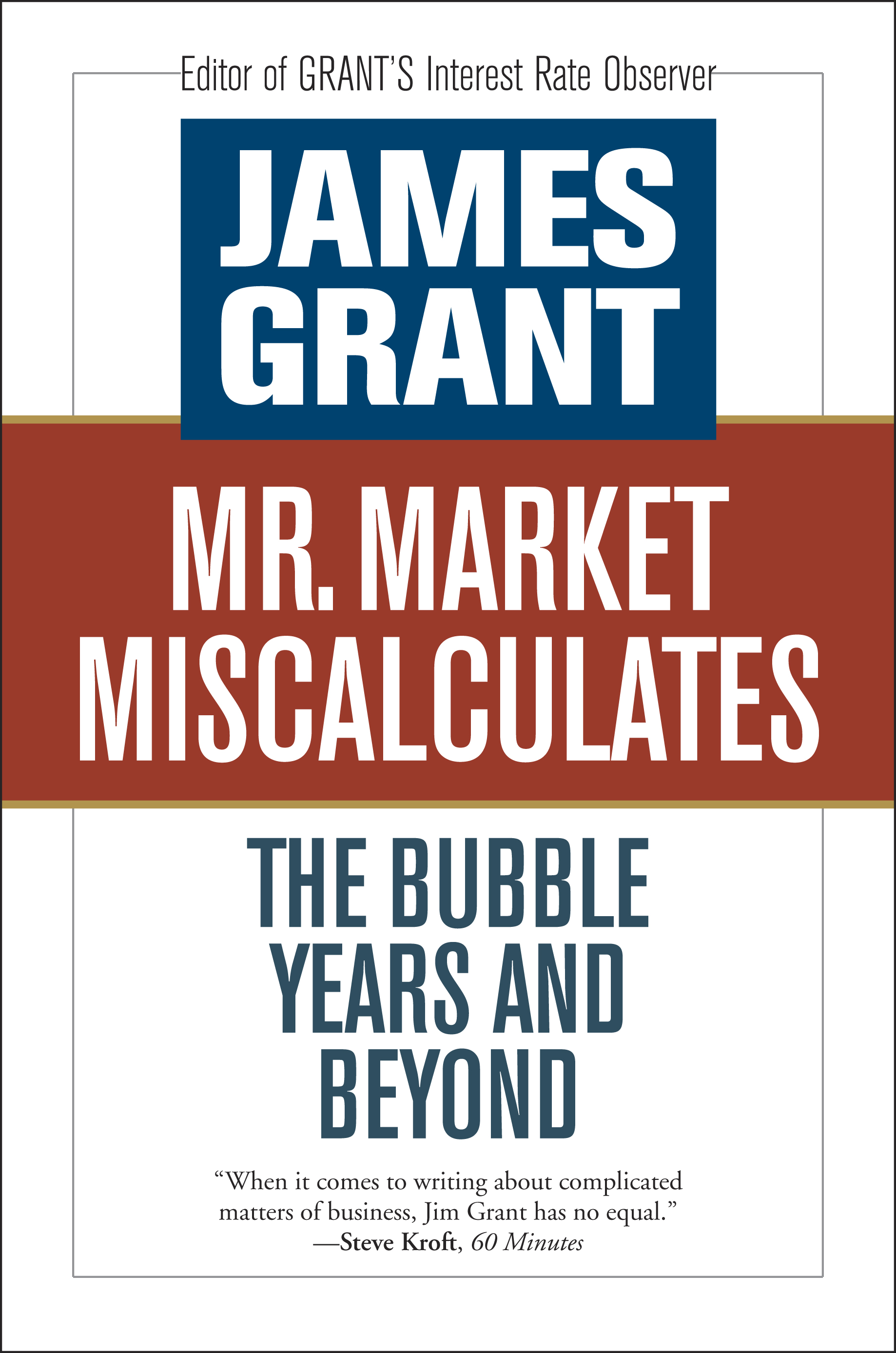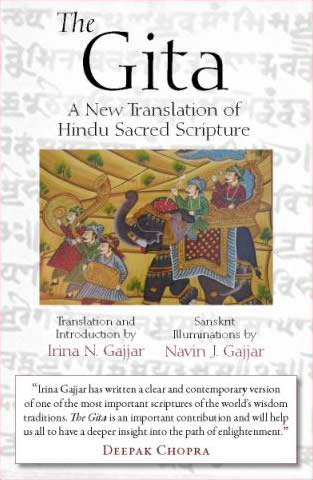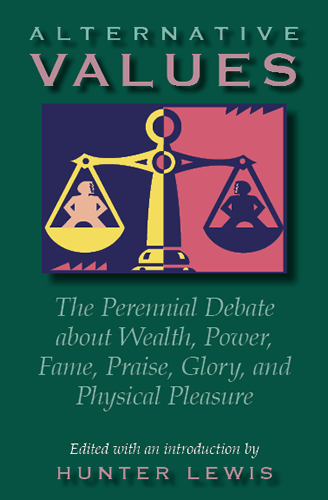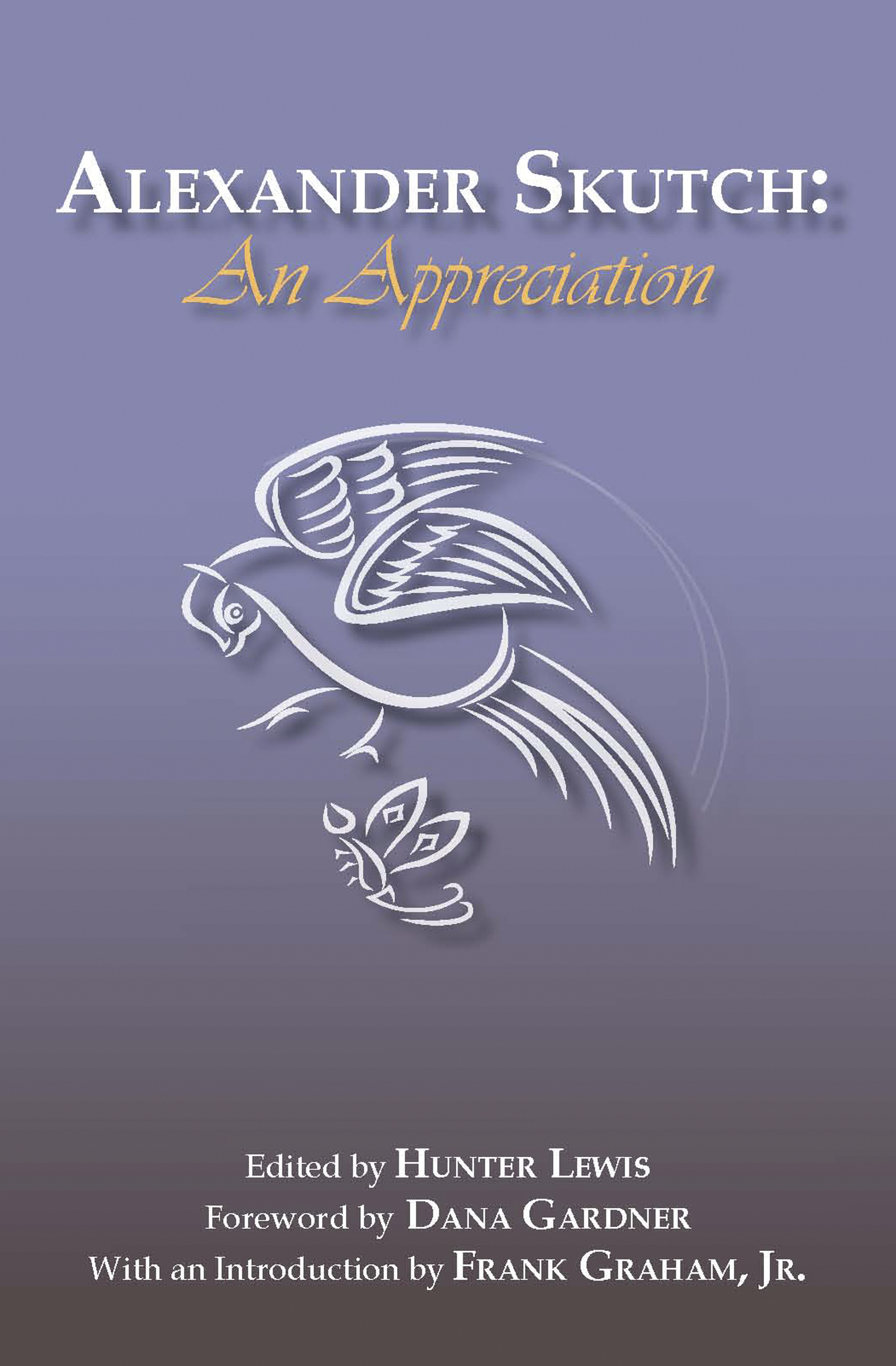-
The Essence of Spinoza’s Ethics
[View...]Axios’s Essence of … Series takes the greatest works of practical philosophy and pares them down to their essence. Selected passages flow together to create a seamless work that will capture your interest from page one. Goethe: ” [In his] Ethics …, I found the serenity to calm my passions….” This new edition makes Spinoza’s own words understandable by everyone.
-
The Essence of Kant’s Groundwork of the Metaphysics of Morals
[View...]Axios’s Essence of … Series takes the greatest works of practical philosophy and pares them down to their essence. Selected passages flow together to create a seamless work that will capture your interest from page one. Kant may be the greatest Western philosopher. In this extraordinary little book, one of the most influential in history, he offers an ethics based on universal logic. This edition makes his own words both readable and understandable.
-
The Essence of George Fox’s Journal
[View...]Axios’s Essence of … Series takes the greatest works of practical philosophy and pares them down to their essence. Selected passages flow together to create a seamless work that will capture your interest from page one. George Fox founded The Religious Society of Friends, better known as Quakers, a form of Christianity which has had an immense influence throughout the world. The story contained in his journal is gripping and hard to put down.
-
The Essence of Jane Addams’s Twenty Years at Hull House
[View...]Axios’s Essence of … Series takes the greatest works of practical philosophy and pares them down to their essence. Selected passages flow together to create a seamless work that will capture your interest from page one. Jane Addams was arguably the most influential woman in American history. Her mission as a public intellectual, social activist and reformer shines forth brightly in her inspiring and easy-to-read autobiography. In her time, she was as famous as a president.
-
Pharmocracy
How Corrupt Deals and Misguided Medical Regulations are Bankrupting America—and What to do About It[View...]Our healthcare system is irretrievably broken, and now it is devastating the US financially. Pharmocracy uncovers egregious FDA incompetence and abuse, and shows how over-regulation causes lifesaving medications to be delayed or suppressed altogether, and makes consumers pay inflated prices for FDA-approved therapies that are only minimally effective and often dangerous. A free market approach to healthcare, Faloon argues, would spare Medicare and Medicaid from insolvency, while significantly improving the health of the American public.
-
Death by Medicine
[View...]The medical environment has become a labyrinth of interlocking corporate, hospital, and governmental boards of directors, infiltrated by the drug companies. Drug company representatives write glowing articles about pharmaceuticals, which are then signed by physicians paid handsomely for their cooperation, though they may not know the adverse side effects of the drugs they promote. The most toxic substances are often approved first, while milder and more natural alternatives are ignored for financial reasons. It’s death by medicine.
-
Where Keynes Went Wrong
And Why World Governments Keep Creating Inflation, Bubbles, and Busts[View...]In responding to the financial crash of 2008, both the Bush and the Obama Administrations have relied on prescriptions developed by John Maynard Keynes, the most important economist since Marx. But should we be relying on Keynes? What did Keynes actually say? Hunter Lewis concludes in his criticism of Keynesian economics that he did not. If Keynes economics was wrong then so are the economic policies of virtually all world governments today, and are opposed to libertarian ideas like those of Ron Paul and the Tea Party movement.
-
The Essence of Adam Smith’s Wealth of Nations
[View...]Axios’s Essence of … Series takes the greatest works of practical philosophy and pares them down to their essence. Selected passages flow together to create a seamless work that will capture your interest from page one. Usually regarded as a bible of free market capitalism, this famous work is also a stinging indictment of what is today called crony capitalism.
-
The Essence of Aristotle’s Nicomachean Ethics
[View...]Axios’s Essence of … Series takes the greatest works of practical philosophy and pares them down to their essence. Selected passages flow together to create a seamless work that will capture your interest from page one. Aristotle formulated a unique way of looking at the good life. The motto: moderation in all things is completely Aristotelian, although he would probably have added: moderation in all things including moderation.
-
The Essence of Machiavelli’s The Prince
[View...]Axios’s Essence of … Series takes the greatest works of practical philosophy and pares them down to their essence. Selected passages flow together to create a seamless work that will capture your interest from page one. Before Machiavelli, writers described human beings as they ought to be, not as they are. Machiavelli was brutally realistic, not to mention cynical and amoral. Must reading for anyone managing a business, organization, or nation.
-
From the Sahara to Samarkand
Selected Travel Writings of Rosita Forbes, 1919-1937[View...]This book is an anthology of the travel writings of Rosita Forbes, the fascinating English writer and explorer of the 1920s and 1930s. It includes selections from eight of her travel books, an introduction to her life and work, and will introduce her to a new generation of readers.
-
Two Little Savages
The Adventures of Two Boys Who Lived as American Indians[View...]In 1902, Ernest Thompson Seton founded a group called the Woodcraft Indians, and went on to become one of the founding pioneers of the Boy Scouts of America. Although written in the third person, it records Seton’s adventures in the woods of Ontario in 1876, when he and a friend developed games that were later incorporated in Boy Scout rituals still in use today. The book is generously illustrated with over 300 of Seton’s own detailed drawings.
-
Three Prescriptions for Happiness
[View...]A pioneer in the personal growth field and a lifelong peace advocate, Ken Keyes, Jr., contracted polio at age 27 which confined him to a wheelchair for the rest of his life. Yet he looked upon it as a blessing: “I view my so-called ‘handicap’ as another gift my life has offered me.” This deceptively simple little book contains three secrets—three prescriptions from this self-described “happiness doctor”—which are at once obvious and profoundly life-changing.
-
Are the Rich Necessary?
Great Economic Arguments and How They Reflect Our Personal Values[View...]Are the rich necessary? Is capitalism to blame for the recent economic crash? Is Wall Street greed corruping our politics? Lewis addresses these and other provocative questions in a clear, objective, and easy-to-follow journey through the great economic arguments of our day. In an always lively, point-counterpoint style, he challenges conventional positions on both sides of each issue.
-
Your Stomach
What is Really Making You Miserable and What to Do About It[View...]Most Americans suffer stomach problems to one degree or another–and many lead lives of utter misery. This powerful little book offers solid scientific information about one of the most common and distressing ailments in America. The text is backed up by a long list of scientific research articles. There is also fascinating information about little known and used all-natural supplements.
-
The Big Spenders
The Epic Story of the Rich Rich, the Grandees of America and the Magnificoes, and How They Spent Their Fortunes[View...]The Big Spenders was Lucius Beebe’s last and many think his best book. In it he describes the consumption of the Gilded Age. Beebe enjoys it all immensely, and so do we his readers, whether it is James Gordon Bennett buying a Monte Carlo restaurant because he was refused a seat by the window, Spencer Penrose leaving a bedside memo reminding himself not to spend more than $1 million the next day.
-
Mr. Market Miscalculates
The Bubble Years and Beyond[View...]Why is America in financial crisis today? This book, better than any to date, explains it all—how we got here and where we are going. The how we got here is brilliantly described in a collection of pieces from Grant’s Interest Rate Observer, the Wall Street insider’s Bible. The where we are going is treated in Jim Grant’s up-to-the-minute introduction. No fan of Greenspan or Bernanke, Grant tells the unvarnished truth about America.
-
The Gita
A New Translation of Hindu Sacred Scripture[View...]The Bhagavad Gita is a treasure of world religious, philosophical, and ethical literature. Part of the larger Mahabharata cycle, it is the most famous part of that great Indian epic. This book was Gandhi’s personal bible. His life exemplified its ideal of spiritual detachment in the very midst of intense conflict and action. The Gita was also a favorite text of Thoreau, Emerson, and T.S. Eliot.
-
Alternative Values
The Perennial Debate about Wealth, Power, Fame, Praise, Glory, and Physical Pleasure[View...]Is desire itself desirable? Should we let our desires run unchecked, especially the passionate desires for wealth, fame, praise, power and physical pleasure? Or should we try to eliminate them? Set up as a lively debate between the best thinkers of today and yesterday, Alternative Values offers strong arguments—some logical, some empirical, some emotional, some intuitive—on each side of this debate. An excellent guide for the young (and not so young).
-
Alexander Skutch
An Appreciation[View...]In addition to being one of the most prolific nature writers of our time and the world’s greatest expert on Central American birds, Alexander Skutch was an inspiring moral philosopher and original thinker in the tradition of Henry David Thoreau and John Muir. Alexander Skutch: An Appreciation includes selections from Skutch’s writing spanning his 70 years of contributions to ornithology, travel, nature and philosophy.
